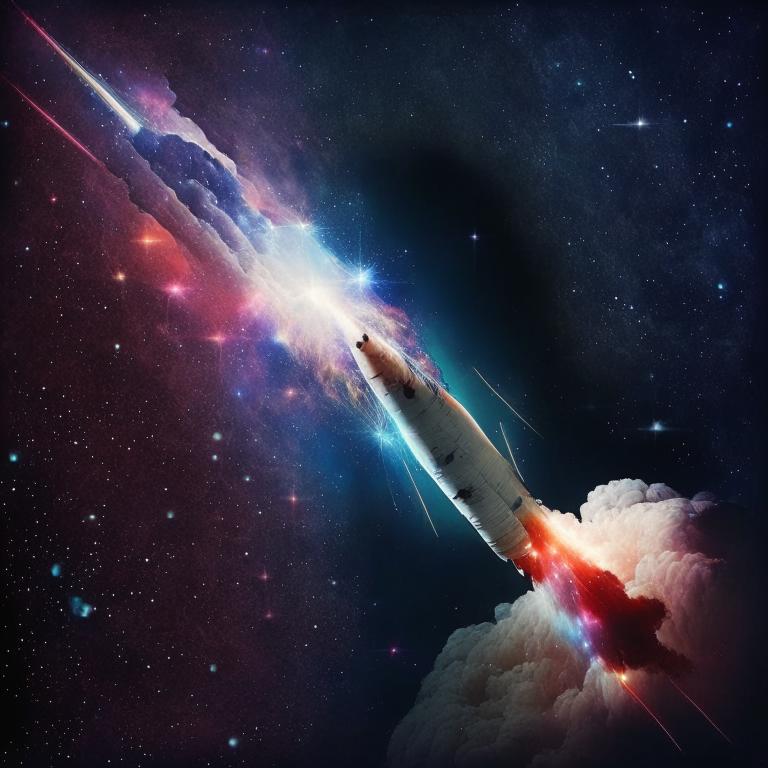
Space has always been a source of fascination for humanity, inspiring scientists, writers, and dreamers alike. But beyond the awe-inspiring beauty of the stars and planets, there is so much more to learn and discover about our universe. In this article, we'll explore eight fascinating facts about space.
Space is vast and mostly empty
Space is vast, and it's mostly empty. Despite the billions of stars and planets in our galaxy, the space between them is so vast that if you could travel at the speed of light, it would still take you four years to reach the nearest star.
The universe is still expanding
The universe is still expanding, which means that all the galaxies in the universe are moving away from each other. This discovery was made in the 1920s by astronomer Edwin Hubble and has since been confirmed by many other observations.
Gravity plays a crucial role in space
Gravity is one of the fundamental forces of the universe, and it plays a crucial role in shaping the cosmos. Gravity keeps planets in orbit around stars, holds galaxies together, and even bends the fabric of space-time itself.
Space is not just planets and stars
Space is much more than just planets and stars. It also includes galaxies, black holes, gravitational waves, and other incredible objects. Studying these objects allows scientists to gain a more complete understanding of our universe and how it's structured.
Space can help solve problems on Earth
Space technologies can help solve many problems on Earth. For example, the use of satellite technologies allows scientists to prevent and predict natural disasters, improve agricultural processes, and enhance the quality of life for people.
Space is full of dangers
Space is a dangerous place for life. Cosmic rays, micrometeoroids, and space debris can pose a threat to spacecraft and astronauts. Additionally, some planets have extreme conditions that make them unsuitable for human habitation.
Russia has a long history of space exploration
Russia has played an important role in space exploration. It launched the first satellite in 1957 and the first human in space in 1961. Since then, Russia has continued its research in space, including work on the International Space Station.
Space is not just for astronauts
Space is not just for astronauts and scientists. Many companies and private individuals also engage in space research and experiments. For example, Elon Musk's SpaceX is working on creating a system to send humans to Mars, as well as for creating space tourism flights.
Conclusion
Exploring space is an exciting and important process that helps expand our knowledge about our universe and our place in it. It's a reminder of the vastness and wonder of the cosmos, and of our human curiosity and ingenuity in discovering its secrets